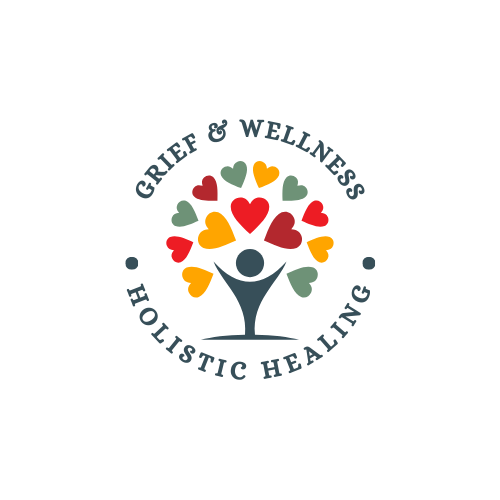The typical reaction to any kind of loss is a period of mourning, usually referred to as “grief.” But unfortunately as a society, we tend to minimise the grieving process and have unrealistic expectations towards those who have suffered a loss.
Grief may result from the death of a loved one, a divorce or breakup, a serious medical diagnosis, or financial difficulties. Denial, anger, bargaining, despair, and acceptance are the common phases of grief.
You can deal with your sadness when it arises and get back to your regular daily life much faster if you give yourself the chance to grieve.
Nevertheless, ignoring your sadness may cause you to experience short- and long-term emotional and mental setbacks. Let’s now discuss the potential consequences of entirely avoiding the grief process. And I write from experience -unfortunately when I lost my dearly loved dad, I prioritised everyone else’s needs above my own and suffered the consequences.
Avoidance
There are always triggers in life that bring up a loss you’ve had, regardless of the time since the loss or the circumstances surrounding the loss. These catalysts could be particular people, a song playing on the radio, a particular setting, or even a priceless present from a loved one.
When you don’t give yourself time to grieve, you can take extra precautions to stay away from these situations. Due to the effort required to avoid your triggers and your grief, it might completely disrupt your life and cause you to develop anxiety.
You’ll eventually find yourself confined to your house, meticulously planning out each day’s activities to avoid being reminded of your loss.
Fearing Relationships
Grief might be much more intense than usual when you lose someone who is really dear to you. However, failing to grieve the loss of a loved one may unknowingly affect your present and future relationships.
Your loved one was supposed to stay by your side forever, but they are now gone. As a result, you might be reluctant to form new connections or refrain from getting too close to individuals for fear of eventually losing them as well.
When it comes to forging deep ties with others, you kind of always prepare for the worst.
Anger
Your body and mind are still going through the loss even if you’re not showing it on the outside. Nevertheless, it might present as rage rather than grief.
You’re much more prone to take your frustrations out on other people, especially those you care about, when you let your emotions build up too much. If you don’t grieve, you can snap at the people closest to you and endanger your relationships.
It seems as though you are resentful of everyone for your loss while still denying yourself the chance to deal with it on your own.
Depression
Even if you aren’t directly dealing with your grief right now, you can still be experiencing internal sadness. In addition to causing an overwhelming sadness, ignoring your grief can eventually result in depression.
So, neglecting your loss will eventually cause you to feel a more extreme melancholy than you would have otherwise, rather than the ordinary sadness of grief. You might observe that you are depressed, uninterested in your interests, or have lost all interest in life.
In order to recover from this depressive state, you will eventually need to cope with both the depression and the loss.
Final Thoughts
Even though it may seem simpler to ignore the loss and get on with your life, doing so will eventually accumulate and have a detrimental impact on you in the long run. I thought I could do that after my dad passed away. I kept busy and distracted with many things to avoid feeling the pain and accepting my loss. I kept up the pretence on the outside, while feeling broken and devastated on the inside.
I pretended I was coping instead of facing my grief head on.
Then one day a dear friend arrived on my doorstep for a coffee. As we exchanged the customary hug, she looked me directly in the eye and asked “How are you”
“I’m fine” I stoically replied ( while my broken heart was screaming inside me – no you’re not!)
” Why don’t you tell me the truth?” uttered my friend – so tenderly that it cracked the wall I had built around myself…and the floodgates were opened to the buckets of tears waiting to be released.
All the pent-up sad and scrambled emotions started to unravel, finally I was able to give myself permission to feel my pain and start grieving.
The start of my healing journey had begin.
In order to prevent letting fear, anger, despair, and avoidance build up and eventually take control of your entire life, it really is necessary to deal with your grief as soon as possible. I can’t resolve your issues right here, but if you’re struggling and acting like nothing’s wrong, I’d like to help you take that crucial first step so you can start taking care of yourself.
You can reach out to me here and we can have a confidential, free 20 minute chat about where you’re at and how I may be able to support. I’d love to help you ❤️
“Our strength grows out of our weaknesses.” ~Ralph Waldo Emerson




